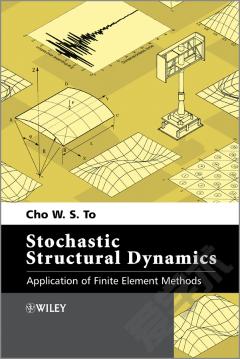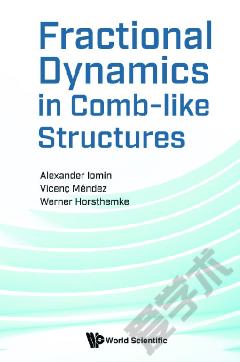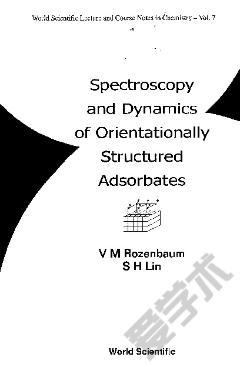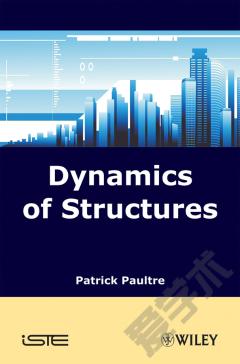Spectral Element Method in Structural Dynamics
Spectral Element Method in Structural Dynamics is a concise and timely introduction to the spectral element method (SEM) as a means of solving problems in structural dynamics, wave propagations, and other related fields. The book consists of three key sections. In the first part, background knowledge is set up for the readers by reviewing previous work in the area and by providing the fundamentals for the spectral analysis of signals. In the second part, the theory of spectral element method is provided, focusing on how to formulate spectral element models and how to conduct spectral element analysis to obtain the dynamic responses in both frequency- and time-domains. In the last part, the applications of SEM to various structural dynamics problems are introduced, including beams, plates, pipelines, axially moving structures, rotor systems, multi-layered structures, smart structures, composite laminated structures, periodic lattice structures, blood flow, structural boundaries, joints, structural damage, and impact forces identifications, as well as the SEM-FEM hybrid method. Presents all aspects of SEM in one volume, both theory and applications Helps students and professionals master associated theories, modeling processes, and analysis methods Demonstrates where and how to apply SEM in practice Introduces real-world examples across a variety of structures Shows how models can be used to evaluate the accuracy of other solution methods Cross-checks against solutions obtained by conventional FEM and other solution methods Comes with downloadable code examples for independent practice Spectral Element Method in Structural Dynamics can be used by graduate students of aeronautical, civil, naval architectures, mechanical, structural and biomechanical engineering. Researchers in universities, technical institutes, and industries will also find the book to be a helpful reference highlighting SEM applications to various engineering problems in areas of structural dynamics, wave propagations, and other related subjects. The book can also be used by students, professors, and researchers who want to learn more efficient and more accurate computational methods useful for their research topics from all areas of engineering, science and mathematics, including the areas of computational mechanics and numerical methods.
{{comment.content}}








 京公网安备 11010802027623号
京公网安备 11010802027623号